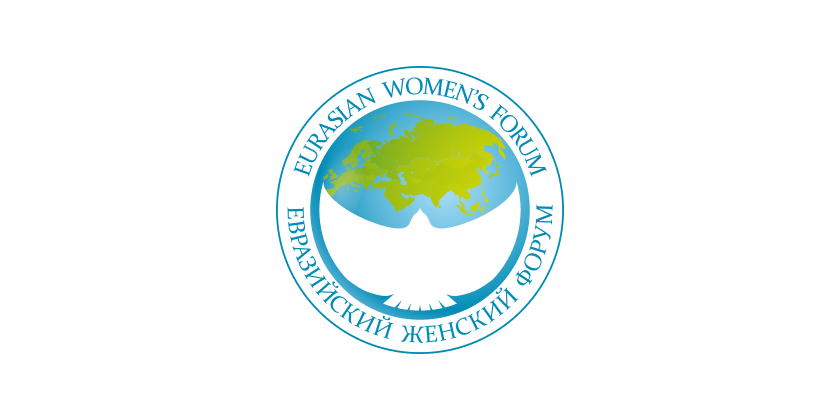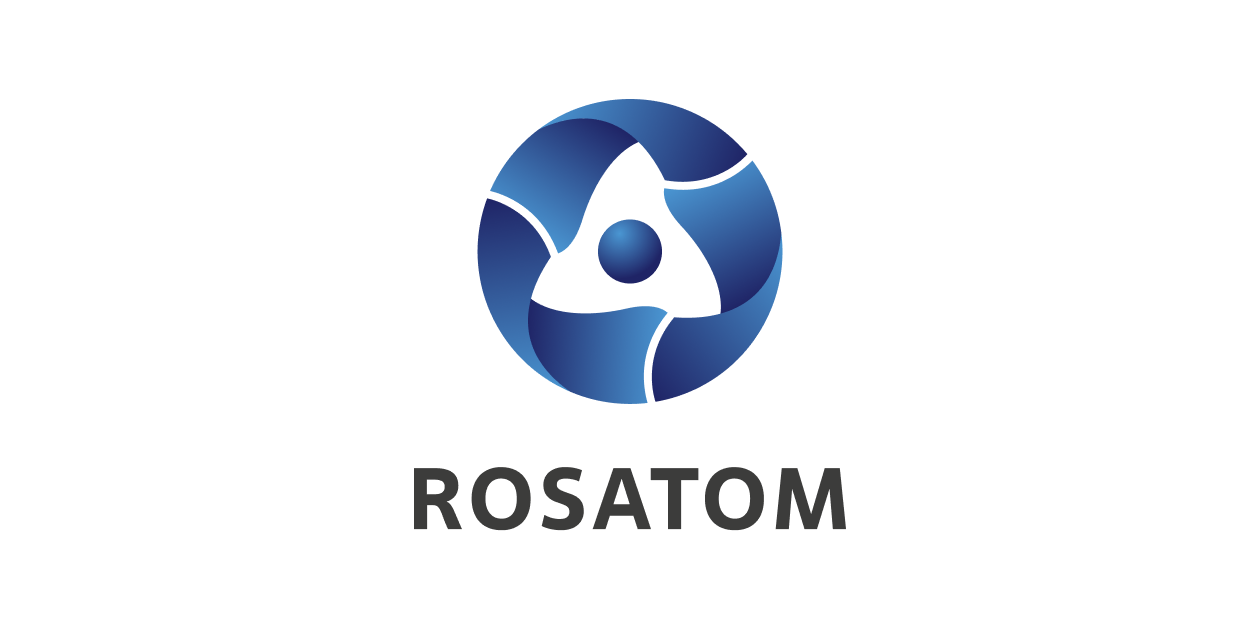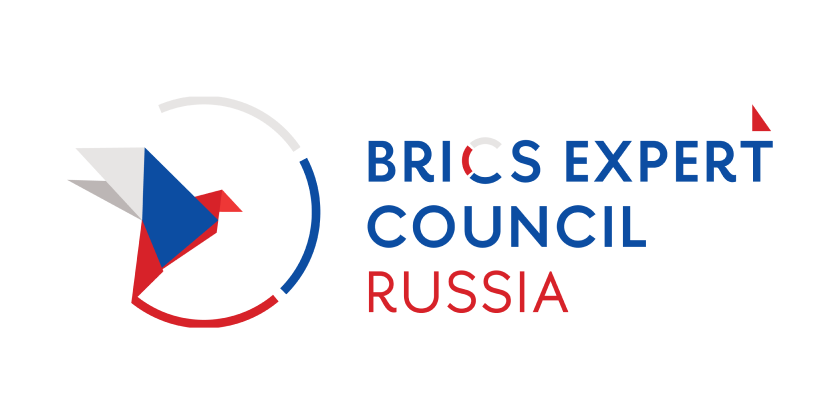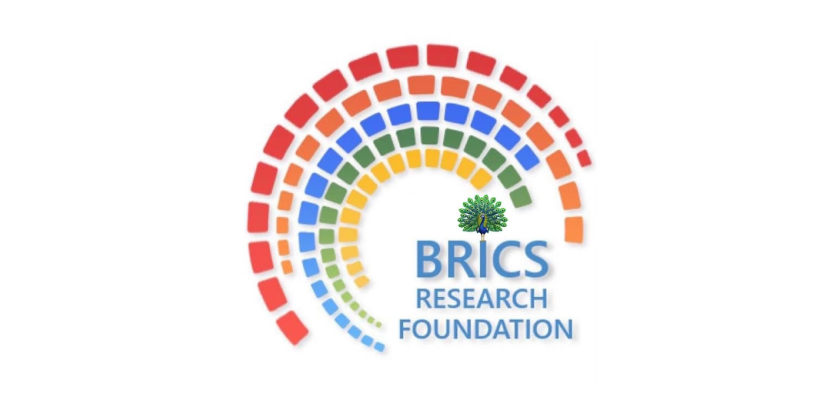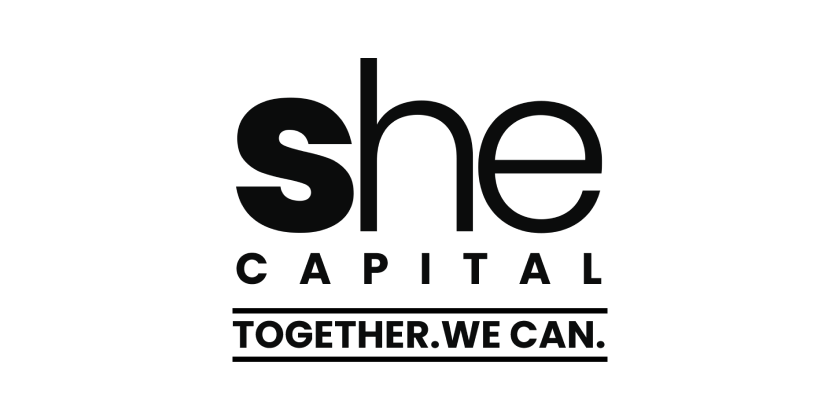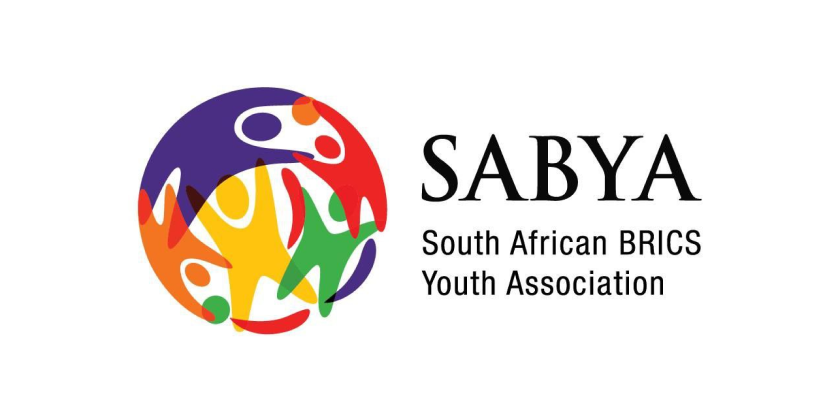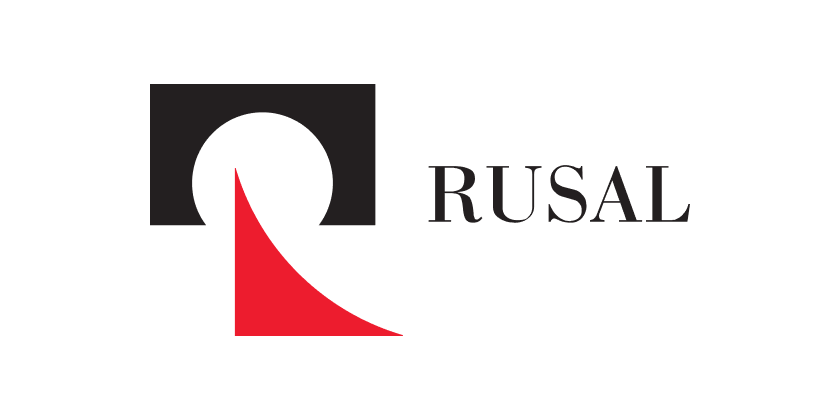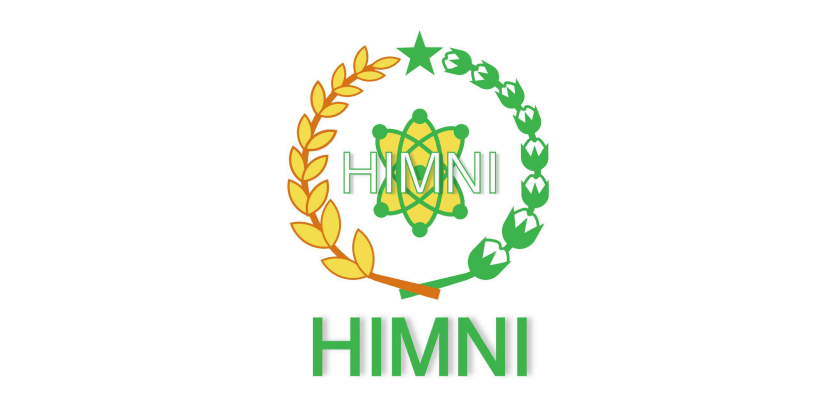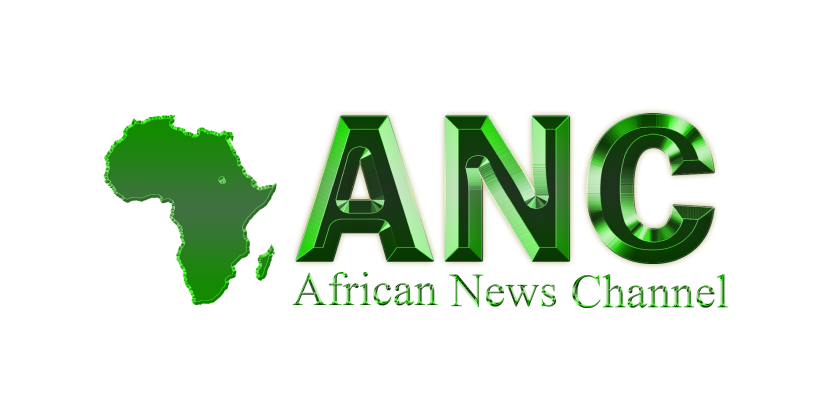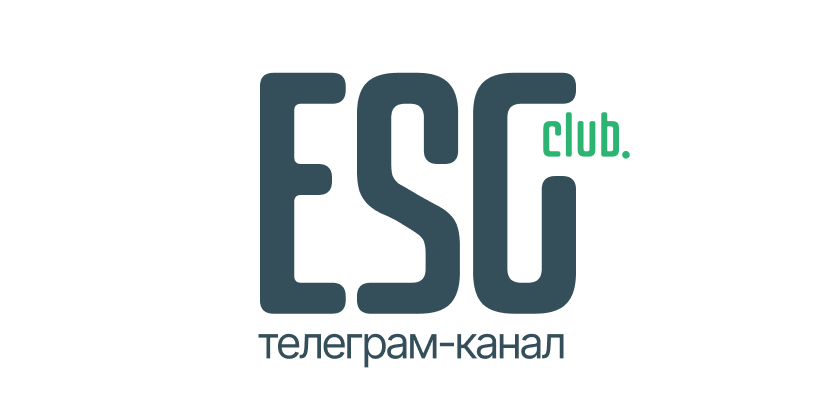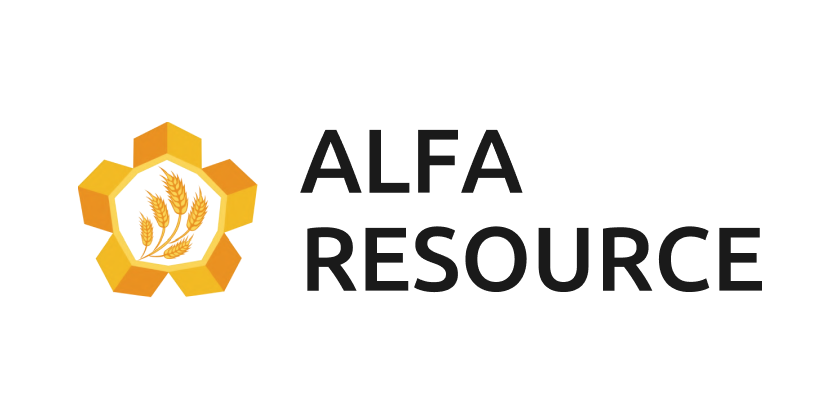Finalists and Winners
of the Ecological Female Projects Award by the Council of the Eurasian Women’s Forum
India
Bare Necessities produces eco-friendly household and spa products using natural local ingredients from India, such as turmeric, annatto, and coffee. The company specializes in zero-waste and waterless alternatives to conventional home care products, including powders, dishwashing liquids, and multi-purpose cleaners. Bare Necessities also develops the educational initiative Bare Learning to promote sustainable development. The company has already sold 241,805 products, preventing 68,824,898 units of single-use plastic packaging from ending up in landfills or the environment, whether on land or in waterways. The project has successfully diverted a total of 155,816 kilograms of waste from landfills between 2016 and 2024.
Project Description
Waterless and Wasteless Everyday Necessities by Bare Necessities
Project name
Bare Necessities Zero Waste Solutions Pvt. Ltd.
Company
Position
Founder and CEO
Sahar Mansoor
FIRST PLACE
Egypt
Agrona was founded in 2018 with the mission of creating sustainable solutions for the wooden panel manufacturing industry. The company’s flagship project involves using agricultural waste to produce eco-friendly wood panels as an alternative to traditional wood-based products, addressing issues such as deforestation and the use of harmful chemicals. Agrona produces one cubic meter of eco-friendly wood panels from every ton of agricultural waste used — enough to manufacture 20 units of school furniture. For every ton of agricultural waste utilized, three trees are saved. As a result of Agrona’s operations, 500 cubic meters of CO₂ emissions are reduced per ton of processed agricultural waste. The company has also created additional jobs in rural areas of Egypt, supporting local communities and contributing to their economic development. The project has already secured orders totaling $ 600,000, demonstrating strong market demand for sustainable wood panels. Agrona aims to capture a 10% share of the Egyptian market by 2027, with plans to expand into the $ 1 billion African market and the $ 400 million Gulf market. The project has received international recognition, including winning the Best Sustainable Composite Technology award at JEC World 2023. Agrona has established itself as a leader in sustainable manufacturing, aligning with the United Nations Sustainable Development Goals (SDGs), such as Climate Action (#13) and Responsible Consumption and Production (#12). Agrona is a compelling example of how sustainability and profitability can go hand in hand, paving the way for further innovation and growth.
Project Description
Agrona for sustainable materials
Project name
Agrona
Company
Position
Marketing Manager
Sally Mohamed
SECOND PLACE
Russia
The project is aimed at creating an ecosystem of international cooperation among CIS countries in the field of hazardous waste management and remediation of sites with accumulated environmental damage. It addresses problems such as the lack of legislative integration, absence of a unified scientific base, and outdated infrastructure for waste processing. Additionally, it promotes the development of a culture of responsible production and consumption. The project unites CIS countries in addressing shared environmental challenges by leveraging both financial and non-financial resources, including scientific potential, technologies, and international experience. This contributes to the harmonization of legislation, improved efficiency in waste processing, and achieving sustainable development goals at the transboundary level. The cooperation ecosystem includes relevant environmental protection authorities of CIS countries, executive bodies of the CIS, as well as representatives from academia, business, and industry.
Implementing this concept helps improve the quality of life for more than 250 million people — the combined population of CIS member states involved in the cooperation ecosystem.
Implementing this concept helps improve the quality of life for more than 250 million people — the combined population of CIS member states involved in the cooperation ecosystem.
Project Description
Creation of an ecosystem of the State Corporation "Rosatom" for the implementation of international cooperation of member states of the Commonwealth of Independent States in the field of hazardous waste management and the elimination of objects of accumulated environmental damage.
Project name
Federal State Unitary Enterprise "Federal Ecological Operator" (FSUE "FEO")
Company
Position
Head of the Project Office for the implementation of international projects
Lyudmila Plyushch
THIRD PLACE
Brazil
The project’s activities are aimed at reducing environmental impacts associated with emissions and the improper use of chemical products in industry. Launched in 2008, the project seeks to reduce the amount of chemical waste generated by industrial facilities by implementing practices that extend the lifespan and promote the reuse of chemical substances. One of the project’s key directions is training companies and workers on best practices for handling, storing, and using chemical products. The project has strategic partnerships with key industry associations, including the Union of Industries of Industrial Chemical Products and Petrochemical Industry of the State of São Paulo, and the São Paulo State Environmental Company (CETESB). The project has received international recognition, including the Mulan Prize awarded by the BRICS Women’s Innovation Competition (2021, China).
Project Description
Less Waste Movement (Movimento Menos Resíduo)
Project name
CQ Circular — Sustainability and ESG
Company
Position
Director, Founding Partner
Luciana Rodrigues Oriqui
FIRST PLACE
Ethiopia
The project is aimed at converting agricultural waste into compressed natural gas (CNG) and organic fertilizers. Using waste-to-energy technology, the initiative addresses the dual challenge of high energy costs and waste management in agriculture. The produced CNG serves as an affordable, clean alternative to traditional fuel sources, while the organic fertilizers improve soil health and support sustainable farming practices. The project operates under a circular economy model, transforming waste into valuable resources and reducing environmental impact. A prototype system for producing bio-CNG (compressed natural gas) and organic fertilizers has been developed, and the project is now moving toward large-scale implementation at a 500 cubic meter facility in the city of Bishoftu, Ethiopia. The project collaborates with potential industrial consumers, farmer cooperatives, and regional offices of organizations such as the World Food Programme (WFP), the Ethiopian Ministry of Planning and Development, the Ethiopian Ministry of Water Resources and Energy, and the Addis Ababa Institute of Technology (AAiT) to conduct pilot testing and validate market demand.
Project Description
Compressed Natural Gas Production( CNG) from Agricultural Waste.
Project name
Ablenee Energy Solutions
Company
Position
Founder and CEO
Mekides Ashagre
SECOND PLACE
Ethiopia
The goal of the project is to remove dyes from textile wastewater using bagasse ash — a by-product of the sugar industry — which serves as a cost-effective, environmentally friendly, and efficient method for dye removal. The project also aims to protect aquatic fauna, prevent water pollution, and improve the health of people living near water bodies.
Experimental studies achieved a high dye removal efficiency of 88−99%. The treatment process resulted in a significant reduction in Chemical Oxygen Demand (COD), indicating a decrease in organic pollution in the treated wastewater. The treated water may meet local or national discharge standards for COD, making it suitable for reuse or safe disposal into water bodies. The project contributes to reducing pollution levels in water bodies, thereby protecting aquatic ecosystems. It also raises public awareness about wastewater management and the importance of adopting sustainable practices in the textile industry.
Furthermore, the project supports the principles of a circular economy by repurposing an agricultural waste product (bagasse fly ash) for environmental remediation, thus minimizing waste and promoting sustainable development.
Experimental studies achieved a high dye removal efficiency of 88−99%. The treatment process resulted in a significant reduction in Chemical Oxygen Demand (COD), indicating a decrease in organic pollution in the treated wastewater. The treated water may meet local or national discharge standards for COD, making it suitable for reuse or safe disposal into water bodies. The project contributes to reducing pollution levels in water bodies, thereby protecting aquatic ecosystems. It also raises public awareness about wastewater management and the importance of adopting sustainable practices in the textile industry.
Furthermore, the project supports the principles of a circular economy by repurposing an agricultural waste product (bagasse fly ash) for environmental remediation, thus minimizing waste and promoting sustainable development.
Project Description
Eco Dye Pure — treatment of textile dye waste water using bagasse fly ash, sugar industry bioroduct
Project name
Addis Ababa University Institute of Technology
Company
Position
Lecturer at Addis Ababa University Institute of Technology
Azeb Gebremeskel
THIRD PLACE
Russia
The project is an annual award aimed at promoting environmental awareness, fostering respect for nature and the environment among citizens, encouraging participation in environmental education through online platforms, artistic, multimedia, online and technical tools, as well as improving participants' ecological knowledge, responsibility, awareness, and literacy. It also seeks to develop public engagement among children’s and youth environmental organizations (including volunteer groups) within both general and additional education systems, and to recognize individuals involved in environmental education for children and young people. The award was established by Rosprirodnadzor in 2021. Since 2023, the award team has signed agreements with leading Russian universities to grant additional points to applicants who are our participants. To date, more than 100 children have used these bonus points when applying to universities. The geographical reach and number of applications grow every year. The award is supported by many prominent politicians, artists, athletes, entrepreneurs, and other respected figures. Over the past four years, children, teenagers, and adults from 78 countries have participated in the award. Over 210,000 applications have been submitted, including nearly 5,000 from participants in orphanages, shelters, and special boarding schools for children with disabilities.
Project Description
International Children's and Youth Prize "Ecology is Everyone's Business"
Project name
Federal Service for Supervision of Natural Resources (Rosprirodnadzor)
Company
Position
Manager
Svetlana Radionova
FIRST PLACE
India
The project utilizes organic waste from the grain industry to cultivate mushrooms, and the residual substrate after mushroom cultivation is used as organic fertilizer, improving soil health. In this way, the project addresses environmental pollution and provides eco-friendly solutions for a sustainable economy. It promotes the development of micro-entrepreneurship and raises awareness about the benefits and methods of waste recycling. More than 10,000 people, including farmers, women, and students, have been trained in sustainable mushroom cultivation techniques. Since its launch in 2018, the project has achieved significant results in environmental protection, waste management, and community empowerment. The project has successfully diverted over 200 tons of agricultural waste, paper sludge, and grain byproducts from landfills and open burning, reducing carbon emissions and improving air quality in rural areas. Mushroom cultivation residues (substrate) have been used as organic fertilizers, enhancing soil fertility on more than 500 acres of farmland, increasing crop yields, and promoting sustainable farming practices. Over 500 women have acquired skills to start mushroom-based businesses, significantly improving their economic independence. The project has facilitated the creation of more than 100 small-scale mushroom farms, leading to the establishment of 10 mushroom-growing cooperatives that provide employment opportunities and access to resources for local communities. The project has established partnerships with more than 20 agricultural and industrial organizations, including grain and paper processing companies, to incorporate their waste products into the mushroom cultivation process.
Project Description
Sustainable Mushroom Cultivation and Waste Management through Fungi-Based Innovations
Project name
VN Organics PVT LTD
Company
Position
CEO
Nisha Niranjan
SECOND PLACE
Russia
"Clean Games" — team competitions for cleaning green areas, in which participants compete in collecting and sorting waste to win prizes. The event involves between 30 and 1,500 people who can collect from 0.5 to 20 tons of waste within one hour. On average, a participant collects 5−10 times more waste during a Clean Game than during regular clean-up events. The event is held in a festival format — with a host, music, and a picnic. Since 2014, more than 2,900 Clean Games have taken place in 38 countries and more than 700 towns and cities (the project originated in St. Petersburg and the Leningrad region). The project addresses environmental challenges by providing proactive groups across Russia and abroad with a successful gamified model for cleaning, improving, and developing territories, as well as offering a tool to engage local communities in environmental action and attract media attention and resources from local, regional, and national authorities, the international community, and business. The results of Clean Games include not only the cleanup of forests and water bodies but also the engagement of citizens in volunteering, environmental education, and territorial development. These outcomes align with ESG principles, the UN Sustainable Development Goals (SDGs), and objectives set within key Russian national projects such as Ecology (federal projects "Preservation of Unique Water Bodies" and "Forest Conservation"), Education (federal project "Social Activity"), and Housing and Urban Environment (federal project "Formation of a Comfortable Urban Environment"). "Clean Games" became a finalist in the international Energy Globe Award in the "Youth" category and received the national winner award representing Russia in 2021. The award ceremony took place during the UN Climate Change Conference (COP26).
Project Description
Clean Games
Project name
Interregional public organization "Clean Games"
Company
Position
Head of the Project Department, Organizer of the Clean Games
Stella Tikhonova
THIRD PLACE
South Africa
WILD HEARTS is an educational program for children Aged 3 to 9, that combines environmental knowledge with creative teaching methods. Since its launch in 2023, more than 4,500 children have participated in the lessons, and over 150 educators have undergone professional retraining, including preschool teachers, staff from environmental services, and project coordinators from YES4Youth. The program has established 11 partnerships with organizations also promoting environmental education for young children. Learning can take place online or in person. The curriculum includes an average of about 5 lessons per semester (or 21 lessons per year). To date, in-person classes are held in the Cape Town area. Lessons focus on locally relevant topics such as: Wetlands, Pollination, Waste reduction, Water conservation, Climate change actions. Each lesson is linked to a globally recognized environmental day, helping children understand their role as part of a broader, interconnected planet.
Project Description
WILD HEARTS Environmental Education Program
Project name
Made Better Together Foundation (NPC) and Tenthouse Structures (For Profit Company)
Company
Position
Social Impact Director of Tenthouse Structures and Director of Made Better Together Foundation
Joni Pierce-van Zyl
FIRST PLACE
India
The S4S Technologies project provides women farmers with access to innovative food processing technologies powered by solar energy. This enables them to convert perishable produce into value-added products such as dried vegetables, fruits, or spices. The project includes training courses that teach women both the technical skills needed to operate the equipment and business practices for selling the finished products.
The main goals are to reduce crop losses, increase women’s incomes, and promote environmentally friendly production methods. The project operates in remote rural areas of India where access to modern technologies is limited. As a result of the project’s efforts more than 10,000 women farmers have been trained in sustainable food processing techniques. Food waste has been reduced by converting 50,000 tons of produce annually into value-added goods. An additional income of $ 100 million has been generated for rural women through the sale of processed food products. Over 1,500 solar-powered food processing units have been deployed across villages in India.
The main goals are to reduce crop losses, increase women’s incomes, and promote environmentally friendly production methods. The project operates in remote rural areas of India where access to modern technologies is limited. As a result of the project’s efforts more than 10,000 women farmers have been trained in sustainable food processing techniques. Food waste has been reduced by converting 50,000 tons of produce annually into value-added goods. An additional income of $ 100 million has been generated for rural women through the sale of processed food products. Over 1,500 solar-powered food processing units have been deployed across villages in India.
Project Description
S4S Technologies: Empowering Women Farmers with Solar-Powered Food Processing
Project name
S4S Technologies
Company
Position
Co-Founder
Nidhi Pant
SECOND PLACE
Brazil
The project aims to engage young people from marginalized communities in the climate agenda through media campaigns and training. Launched in 2024 by the Perifa Sustentável Institute, it is an innovative initiative designed to empower youth from peripheral areas to actively address the intersection of climate change and racial inequality through effective communication. As part of the initiative, 10 young communicators were trained and became skilled activists, mastering topics related to environmental literacy. The project organized 10 in-person events, including cultural discussions, poetry slams, and workshops in suburban areas, engaging hundreds of local residents and fostering dialogue within communities. Accessible and engaging content was created for the youth of São Paulo, while the project’s activities and outcomes were documented and published on platforms such as Medium and Revista Casa Comum, increasing its visibility and recognition. The project has significant potential for expansion across BRICS countries, leveraging shared socio-environmental challenges to amplify its impact. By involving youth from Brazil, Russia, India, China, and South Africa, the initiative can create a transnational platform to address interconnected climate issues.
Project Description
Climate Voices
Project name
Perifa Sustentavel Institute
Company
Position
Founder and Executive Director
Amanda da Cruz Costa
THIRD PLACE
India
The project is revolutionizing the construction industry by addressing the critical issue of non-recyclable plastic and construction waste that often ends up in landfills, water bodies, or is burned. The flagship product, Wricks, is an eco-friendly alternative to traditional bricks made from recycled materials. Wricks are 40% stronger, 20% lighter, and more water-resistant — making them a sustainable and high-performance solution for construction projects. As a result of the project’s efforts, over 10,000 tons of plastic and industrial waste have already been recycled. This has directly reduced more than 700 tons of carbon emissions, contributing to cleaner air and a healthier environment. The project has supplied eco-friendly construction materials for over 200 projects nationwide and created employment opportunities for more than 100 individuals working in waste recycling. Angirus, the company behind the project, primarily operates in India, where it has manufacturing facilities in the state of Rajasthan. The company plans to expand its operations to other regions in Asia and Africa.
Project Description
Wricks: Building for sustainable Future
Project name
Angirus Ind Pvt, Ltd.
Company
Position
CEO
Kunjpreet Arora
FIRST PLACE
China
"Clear Plate" Program is a mobile app developed to encourage food conservation and promote a low-carbon lifestyle. Users take photos of their plates after meals, and if AI does not detect any food waste, they earn bonus points. These points can be donated toward providing charitable meals for those in need or exchanged for personal gifts. The program aims to reduce food waste, lower carbon emissions, and raise awareness about sustainable consumption. It is supported by a dedicated team from Beijing Revolution Technology Co., Ltd, comprising experts in technology, sustainability, and social entrepreneurship. To date, nearly 10 million users have participated in the program. They have carried out over 104 million waste-reducing actions, saving more than 3,900 tons of food, which resulted in a carbon emission reduction of 15,000 tons. The project has received multiple awards, including the Mother River Award and recognition as the winner of the UNDP Youth Maker Challenge 2019. Although the program is widely adopted in China, its digital format allows for global scalability, promoting food conservation worldwide.
Project Description
Clear Plate
Project name
Beijing Revolution Technology Co., Ltd.
Company
Position
Founder and CEO
Liu Jichen
SECOND PLACE
India
The Cool The Globe app helps reduce greenhouse gas emissions to reach a target level. Through the app, users can view and record the emissions they have saved by taking hundreds of simple daily actions in areas such as travel, household activities, appliance use, diet, waste management, energy consumption, and more. Users can also track their avoided emissions. Cool The Globe empowers people to make sustainable lifestyle changes through technology. Climate action campaigns have reached more than 25 million people worldwide. As of February 27, 2025, the app has been downloaded over 117,000 times from more than 150 countries, and users have collectively prevented 6.8 million kilograms of greenhouse gas emissions. Over 3.5 million climate actions have been recorded by global citizens using the app. Over the next five years, our goal is to engage 10 million people worldwide who commit to reducing their emissions by 10% every year using the Cool The Globe platform.
Project Description
Cool The Globe
Project name
Cool The Globe Solutions Private Limited
Company
Position
Founder and CEO
Prachi Shevgaonkar
SECOND PLACE
Russia
The project is aimed at identifying and supporting eco-entrepreneurs from the regions of Rosatom’s presence. In 2024, over 100 applications were submitted, and 16 projects received support. The initiative included an educational program featuring leading Russian experts, which attracted more than 700 participants across 10 regions of Russia, helping to form a community of eco-entrepreneurs and eco-ambassadors. For each supported project, universal, scalable models were developed that can be implemented both within Russia and internationally. In 2025, the project plans to expand to 14 constituent entities of the Russian Federation. In the new season, not only new business ideas will be considered, but also initiatives aimed at "greening" already established traditional businesses.
Project Description
Ecoaccelerator
Project name
Innohub LLC
Company
Position
Director of acceleration programs
Viktoria Romanova
THIRD PLACE



